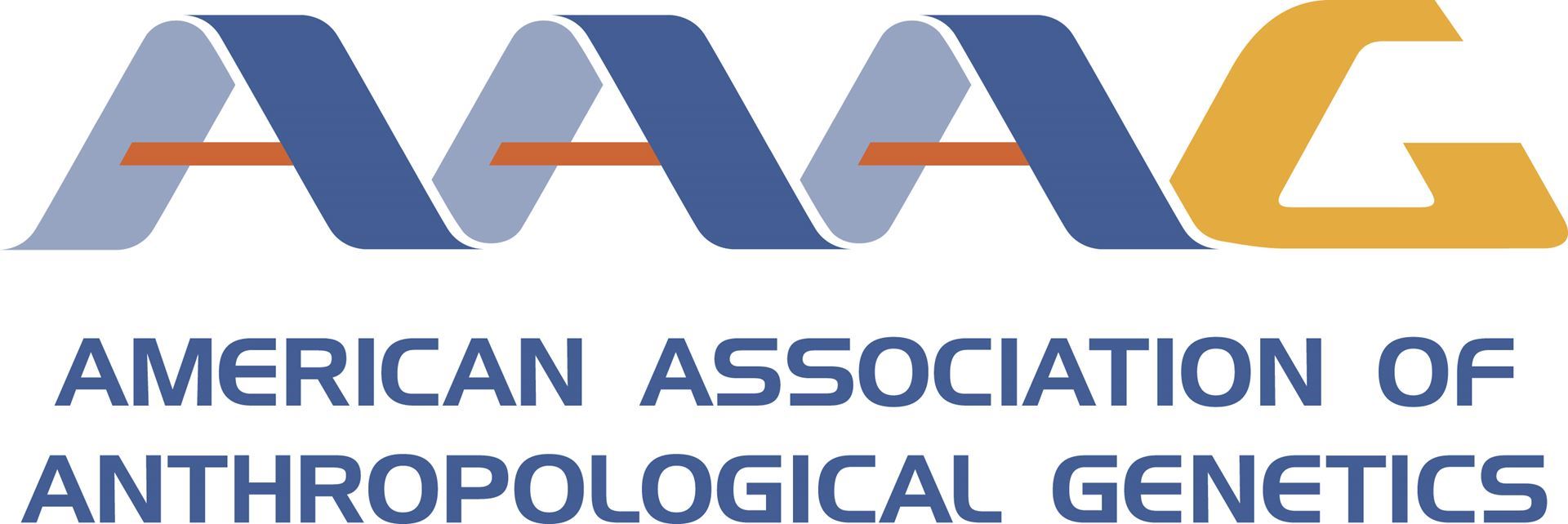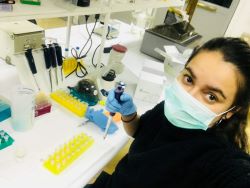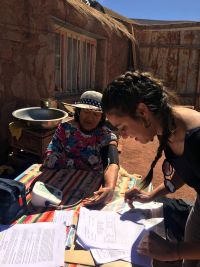MEMBER SPOTLIGHT
| Dr. Catalina Fernández is a biological anthropologist from Chile and is currently a post-doctoral researcher at the Max Planck Institute in Leipzig, Germany. She is broadly interested in the role of food and diet in human evolution, adaptation and cultural change among contemporary populations. Her research makes use of evolutionary and biocultural approaches as well as mixed methods to study how nutritional histories and the environment have shaped genetic adaptations across human populations, and to investigate how these interactions may differentially impact peoples’ health today. Catalina completed her Ph.D. in anthropology from Indiana University. Her doctoral dissertation research, funded by the Wenner-Gren Foundation and National Science Foundation, investigated how past differences in the food resources of two populations (foragers vs. agropastoralists) may have led to different genetic adaptations in metabolism, and how those adaptations may relate to modern-day well-being and chronic conditions. Since 2020, Catalina has been a post-doctoral researcher in the Department of Human Behavior, Ecology and Culture at the Max Planck Institute in Leipzig, Germany, on a project lead by Dr. John Bunce and Dr. Caissa Revilla-Minaya, that aims to explore the coevolution of cultural norms and nutritional and health outcomes that potentially influence selection at the genomic level. Fernández, Catalina (2020). “Nutrition Transition and Health Outcomes Among Indigenous Populations of Chile.” Current Developments in Nutrition, 4(5). doi:10.1093/cdn/nzaa070. [Link] Fernández, Catalina & AS. Wiley (2017). "Rethinking the starch digestion hypothesis for AMY1 copy number variation in humans". American Journal of Physical Anthropology 163 (4): 645-657. doi: 10.1002/ajpa.23237. [Link] Fernandez, Catalina, et al. (2015). “Lactase non-persistence and general patterns of dairy intake in indigenous and Mestizo Chilean populations.” American Journal of Human Biology 28 (2): 213–21. doi10.1002/ajhb.22775 [Link] |


